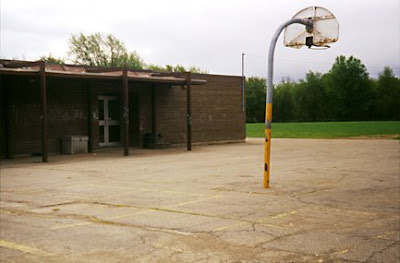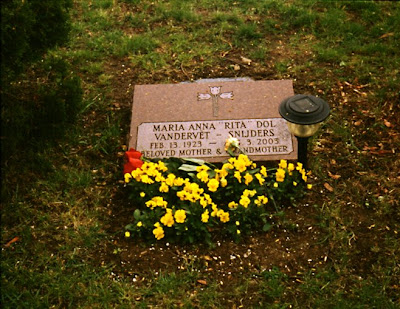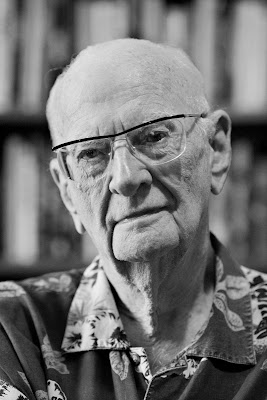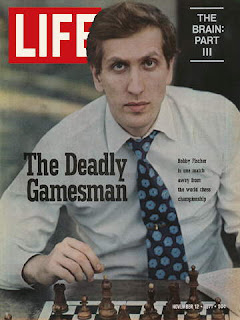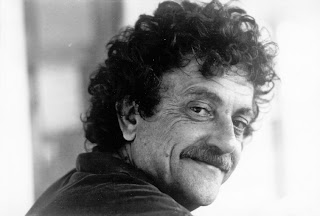A slightly bitter-tasting but substantial smörgåsbord for you today, dear reader…
- The last week and-a-bit has been a little hard on me. Found out over a week ago that a good work-friend I hadn’t been in touch with for a couple of years had passed away in his sleep. By the time I’d found out, the memorial had already happened. Everything that could be done or said had been done and said. And so, one has no choice in this situation but to simply accept the fact that, like it or not, sad or happy, the last chapter in a sub-plot has been written without my consent or input. I think the thing which upsets me most about sudden deaths is the lack of control. I’ve had relatives who have died of cancer or carried on weakly after a stroke, and it was clear to everyone that the pen nib of fate was scratching out the last bits of their narrative; as the living bereaved, we had time to digest what was happening in our own way. With Trent – my friend and workmate – I was left with nothing but the unavoidable metric truth of his death.
- Foolishly, perhaps owing to my Chinese astrological tendencies (Dog), I’ve been patiently waiting for a response from a Toronto lit mag to get back to me on a short fiction submission I’d mailed to them almost a year ago. Owing to fatigue, I finally emailed the editor last week, only to find out from his response that “We would have responded to that a very long time ago, so I’m assuming it got lost in the mail/E-mail. I’m also assuming it was our response that got lost, and not your submission, as the title sounds familiar. “. So, in other words, I’d wasted a year not submitting the (admittedly solid) piece elsewhere. This upset me to no end. Nobody likes to be rejected – something I’ve accustomed myself to – but in this case I was left wondering whether they’d actually bothered to send anything out. I don’t lose incoming mail, nor is my email spam filter so prejudiced as to reject anything addressed directly to me (unless of course they put something like “rejection letter for Cialis” in the subject header). I drank a lot that night and complained bitterly to friends who consoled me, particularly those who caught my Facebook status message: “Matt wonders what could be worse than finding out a form rejection letter with your name on it got lost in the mail.”
- Not willing to let “the shit” (he says, in the collective sense) get me down, I continued to revise the novel, having finished going through to the (current) ending, thus completing my first full pass on the book as a whole. I immediately went back to the beginning, which I’d barely looked at in months, and started full-revision #2. I think it’s coming together nicely, and the feedback I’ve received on excerpts given to my peers in the writing group I run have been very positive. I just wish there was someone I could bribe in order to get one of my short fiction pieces published, because it’s a bit of a hindrance approaching an editor with a novel having a big fat “0” in the previously-published department. I’m also looking at doing more story submissions to non-Canadian publishers, as I find the atmosphere in this country a little stifling. Make of that what you will.
- A good tonic for these doldrums was to be had when my wife and I took a drive through the Niagara peninsula (after an absurdist trip to Niagara Falls – don’t bother asking – thankfully, we had two good friends to help us drink away the memories). We both love wine, and as firm supporters of Canadian wineries it was great to get out (only an hour’s drive from the city) and see the vinyards, the countryside, and quaff vast amounts of the best vino North America has to offer. So much so, in fact, that I’ve considered starting a new blog specifically geared towards Canadian wine. We shall see.



